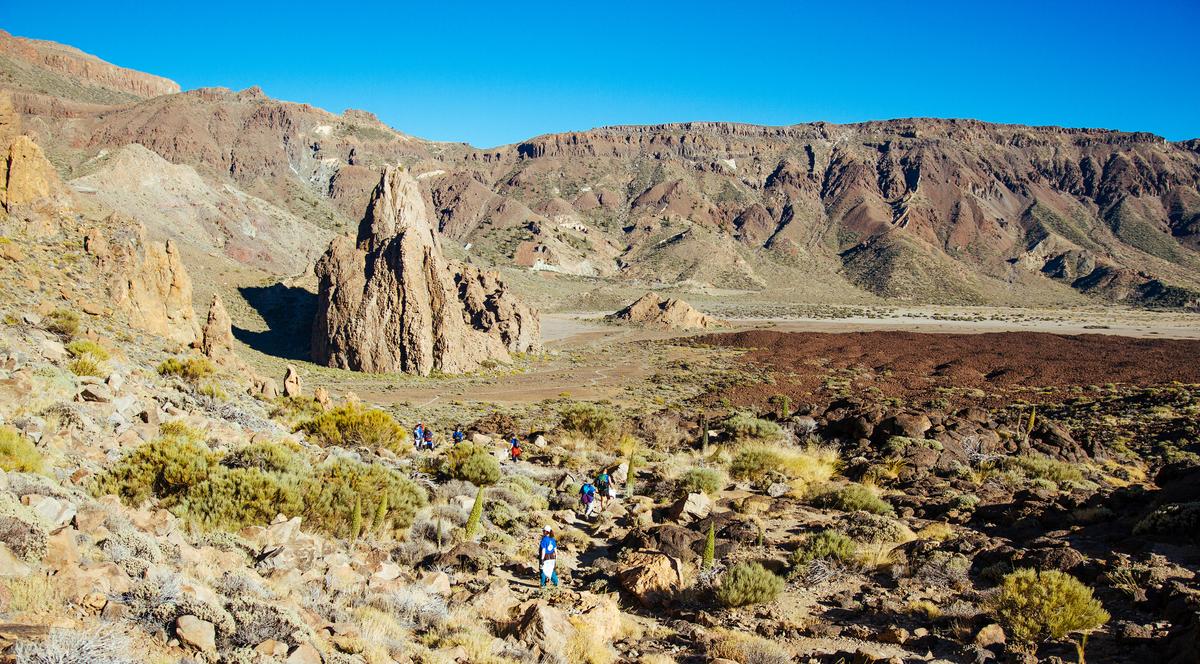
Climbing and Conservation in Spain. An open debate.
A recent video production from Spain provides an interesting insight into the mountain access debate and the sometimes complex relationship between climbing and conservation.
The video is titled ‘Prohibido escalar’ (No Climbing) and available to view below (in Spanish with English subtitles).
The video opens with the explanation that Spain is one of the top international climbing destinations. More than 1,000 climbing areas are available in its natural spaces and the country counts some 200,000 climbers. It is expected that climbing in protected natural areas will be increasingly regulated in the coming years. The video presents the debate from both the experience of climbers and conservationists and tackles a range of issues and perspectives: endangered species, the growing popularity of climbing, the role of local government authorities, the impact on tourism and the success of the various types of regulations already in place.
In discussing the subject, FEDME (Federación Española de Deportes de Montaña y Escalada), commented:
“FEDME and the regional federations from Spain have chosen for a long time ago to reconcile the practice of different mountain sports and nature conservation. We believe that regulation of the activities, the result of the negotiation observing the particular characteristics of the area, its dynamics and evolution is always more appropriate than the general prohibitions.
In this spirit, during the last 25 years FEDME have led different meeting forums and discussion of the problems of mountain sports (not only climbing, skiing, canyoning, skyrunning, etc.) with groups of athletes, nature protected area officers and public administrations (Conferences, Scientific Congresses, Seminars, International Meetings) who have moved in that direction and reached consensus on canyoning, terminology, rural development, refuges, skyrunning, etc.”
Juan Jesús Ibáñez Martín, President of the UIAA Access Commission and member of FEDME, added:
“The UIAA Access Commission fully supports the message of FEDME which is to find solutions for the regulation of access as opposed to general prohibitions. The UIAA Access Commissions offers its support to any member federation seeking to resolve mountain access issues in their territory.”
On viewing the video, Dr Carolina Adler, President of the UIAA Mountain Protection Commission, provided her opinion:
“Without entering into the specifics of the case itself, what this documentary really highlights to me are the incredibly complex and multi-faceted ways in which facts and personal values can (and do!) intertwine in a given situation.
Two key points stand out for me. First, it is a very stark and timely reminder that, in any conflict situation, we must not assume or take the diverse perspectives of all relevant parties for granted – not only in trying to define what the real problem is in the first place, but also the perceived ‘right’ solutions that ideally should be consistent with a common good. By our very own nature we view the world differently, and resist or react when we perceive our values are being confronted. If we don’t account for this in a concerted and respectful manner from the start, we risk conflating or even creating new conflicts that can be very difficult to resolve in the long run.
Second, that there no real “win-win” situations, but rather an approximation to an ideal situation based on negotiation and trade-offs. In order to gain something important, we must be prepared to also give up or modify something else. In essence, negotiating solutions is a transaction of values! For us in the climbing community, this is very important to clarify when negotiating for ‘rights to climb’ when there are also conservation and access imperatives and indeed other considerations at stake.
Speaking both as a climber and coming from a conservation and environmental perspective, these two points are very relevant and need constant reminding. If we are indeed interested and serious about finding solutions to resolve these conflicts, then the key is to make sure we strive to map out and understand these diverse perspectives. We also need to specify what (and by how much) we are prepared to negotiate. There is no win-win, but rather an approximation to a best outcome for conservation and climbing. And every case will be different.”
Supporting the message of Juan Jesús Ibáñez Martín, Dr Adler confirms that the UIAA Mountain Protection and Access commissions are always available to listen to concerns from UIAA member federations who face cases of access restrictions due to conservation issues.
“Access to climbing is often restricted due to a multitude of reasons, which may or may not include conservation topics. Therefore, we need to identify and differentiate these diverse reasons and agendas from every party involved before we as commissions can intervene and/or offer advice or assistance. The UIAA Access Commission is the first port of call, offering a broader basis of support and advice, covering issues such as private land and lease arrangements, legislation and compliance, permit systems and conditions, and representation and lobbying to local, regional or national authorities, where this is needed. In this respect, we at the UIAA Mountain Protection Commission offer our support and advice to the UIAA Access Commission on specific matters relating to conversation and the environment, and this is how we coordinate and collaborate together to reach the best possible outcome for our concerned federations or mountaineering community. However, we can only do this coordination and collaboration on a specific case-by-case basis, and so we invite the federations to raise these concerns with us.”
Further information:
office@theuiaa.org
mountainprotection@theuiaa.org
